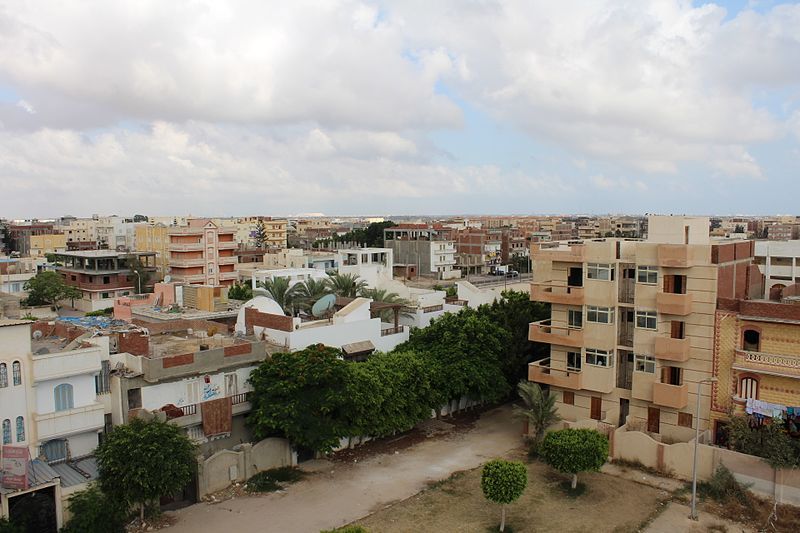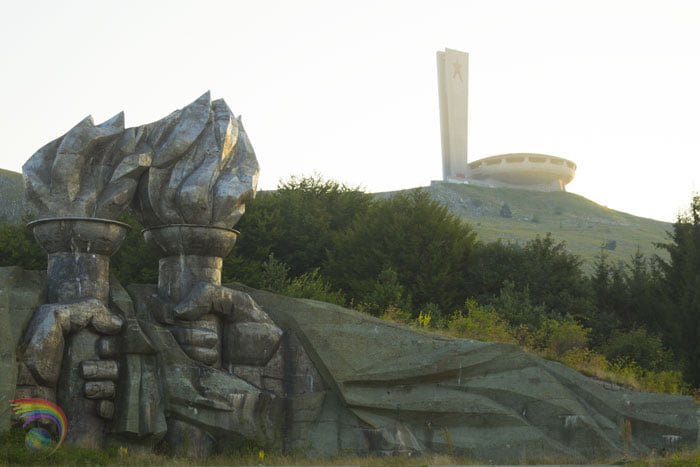Persia
Introduction
The short story in Persia had its origin among the wandering story-tellers, who sometimes invented their plots (so far as any one ever invents a plot), but more commonly borrowed them from the extensive store of legends or folk-tales, Semitic or Mohammedan in origin. No story-teller`s repertory was complete unless it included tales of treasure or of love. The motive of these characteristic stories was extremely simple: one set out to amass a fortune, either by cunning or outright theft; or else one pursued some woman who was acclaimed as the perfection of maidenly beauty. In any event, the hero almost invariably succeeded in his quest and lived happy ever after.
The obstacles in the way of achievement, whether the quest was treasure or a beautiful woman, formed the basis of the story, and when these were of a super-natural character the teller excelled in the invention of particularly ingenious obstacles. The introduction of supernatural elements was to be expected among a people whose imaginations had been stimulated by long ages of wandering in the uninhabited spots of the earth, and the Persian story-teller delighted in mixing his facts with fancy.
The Golden Age of the Persian story was about the Eleventh Century A.D. Since that time there has been little activity on the part of the novelist or the short story writer.
The Persians added to the art they so zealously practised a decorative element that was wanting in the Sanscrit stories, from which they largely borrowed, but apart from this they would deserve enduring fape for having transmitted to the Arabians the celebrated Arabian Nights.
Abul Kasim Mansur Firdawsi (935-1025 A.D.)
Abul Kasim Mansur Firdawsi was born in the city of Tus, in Persia, in 935. He left the city of his birth to join the famous court of Mahmud of Ghazna, but not before he had completed a rough draft of his justly famous Shah-Nama, or Book of Kings. About forty years he devoted to this wonderful epic, an account of the glories of Iran from its very beginnings and one of the great contributions to classic literature. It is related that Mahmud promised Firdawsi a fortune for his epic. When it was finally finished in 1010, the monarch broke his promise. Later, repenting of his misdeed, he sent the poet the promised gold, which arrived just as this ill-treated immortal was being buried.
Read More about Register of Dignitaries part 17








